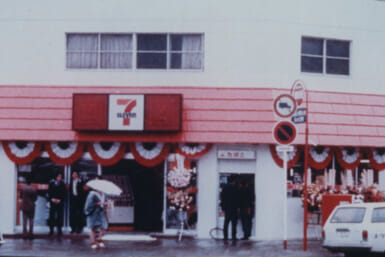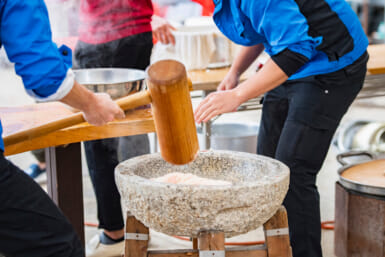Japan’s notorious underworld gang has shrunk in size, with membership dropping below the 60,000 mark for the first time on record following a tough crackdown on the organized crime syndicates.
Members of the yakuza fell to 58,600 in 2013 from about 63,200 in the previous year, according to the National Police Agency.
Yakuza syndicates, known for their strict codes of conduct, are involved in smuggling, prostitution, drug trafficking, and gambling. They occasionally get involved with politics. But unlike other criminal organizations, the yakuza are not as elusive as the Italian Mafia or Chinese Triads.
Experts said tougher policing, an increasingly tarnished public image and a slowing economy have made the lives of Japan’s gangsters difficult, and has made membership less attractive for potential recruits. Some members may have defected to lesser known organizations, police said.
But their dwindling numbers have not diminished their presence in Japanese society. Japan’s banking sector was wracked by loans-to-mobs scandals that uncovered alleged ties between major Japanese lenders and yakuza crime groups.
During the yakuza’s glory years in the early 1960s, membership peaked at 184,000. At the turn of the 21st century, their numbers declined to 80,000 and has been decreasing since. The largest yakuza crime group, the Yamaguchi-gumi, lost 2,000 members in 2013 from 25,700 gangsters from a year earlier.
Although notorious for their underworld activities, the Yakuza give attention to their public image and discipline members by cutting off the top part of his their little finger. Some retired Yakuzas hide their distinctive missing fingers by using prosthetic ones because of the stigma that persists today.
By Maesie Bertumen
Image: Sebra / Shutterstock.com









